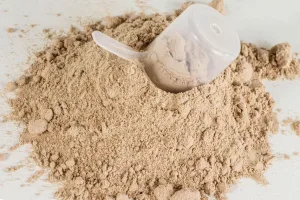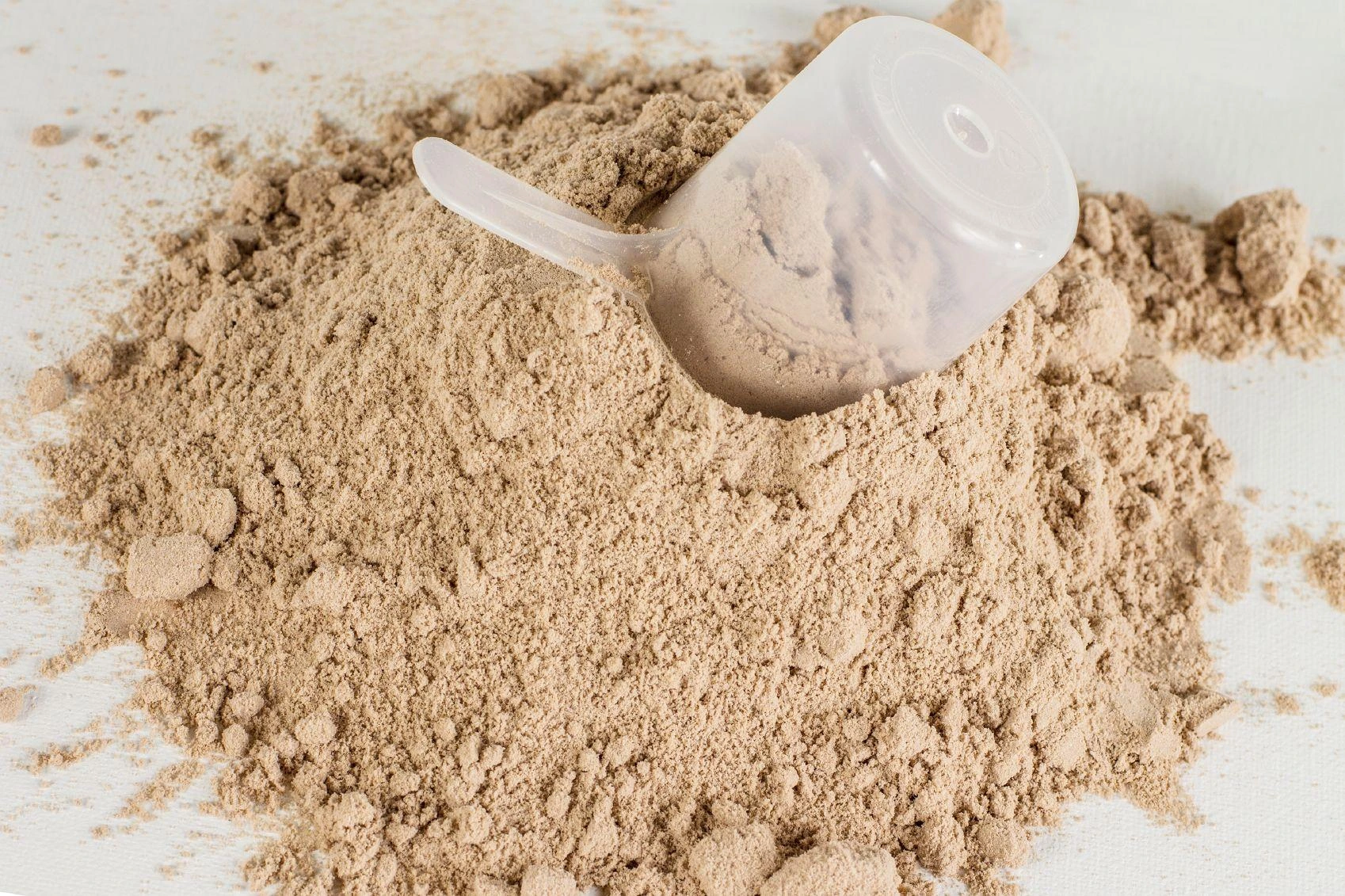🥩 How Protein Intake Affects Your Metabolic Health
The Modern Metabolism Problem
Walk into any café in New York City and you’ll hear at least one conversation about metabolism usually whispered between sips of cold brew and complaints about energy crashes. We’re a culture obsessed with speed: fast Wi-Fi, fast workouts, fast results. But the truth about metabolism isn’t fast at all. It’s built molecule by molecule from what we eat, how we move, and how our cells use energy.
At the center of this conversation sits an often-overlooked hero: protein. Beyond its reputation as a muscle-builder, protein is deeply intertwined with how our body burns calories, balances blood sugar, and maintains long-term metabolic health.
1. Protein and Metabolic Health: Fueling Your Body’s Engine
Think of your metabolism as a city grid a complex network of chemical reactions that keep your lights on. Protein acts like the city’s maintenance crew, constantly repairing, rebuilding, and regulating.
When you eat protein, your body expends more energy breaking it down than it does for fats or carbs. This process, known as the Thermic Effect of Food (TEF), means your metabolic rate temporarily increases after a protein-rich meal. In other words, protein literally makes your metabolism work harder and faster.
📊 Research from the American Journal of Clinical Nutrition shows that protein digestion can increase calorie burn by up to 20–30% compared to only 5–10% for carbohydrates.
2. Protein’s Role in Blood Sugar and Insulin Control
Here’s where things get serious for metabolic health. Consistent spikes in blood sugar can lead to insulin resistance, the silent prelude to metabolic syndrome and type 2 diabetes.
Protein helps by slowing glucose absorption and stabilizing energy levels. When paired with carbohydrates say, eggs with toast or Greek yogurt with fruit protein blunts the post-meal glucose spike, helping your body use energy more efficiently.
3. Building Lean Muscle: Your Metabolic Powerhouse
Muscle tissue isn’t just for aesthetics; it’s your body’s most metabolically active organ after the liver. The leaner muscle you have, the more calories you burn, even while binge-watching your favorite show.
Protein is essential for maintaining and rebuilding that muscle. Without enough of it, your body starts using muscle tissue for fuel, gradually slowing your metabolic rate.
This is why many nutritionists now say: “Protect your muscle, protect your metabolism.”
4. How Much Protein Is Needed for Optimal Metabolic Health
That’s where nuance enters. The average sedentary adult needs around 0.8 grams of protein per kilogram of body weight, but studies suggest 1.2–1.6 grams may be optimal for metabolic health, especially for active individuals or those over 40, when muscle loss accelerates.
Example:
If you weigh 150 pounds (68 kg), aim for 82–110 grams of protein per day spread across meals for better absorption.
Balanced sources include:
- Wild-caught salmon
- Free-range eggs
- Greek yogurt
- Lean poultry
- Lentils and chickpeas
- Whey or plant-based protein powders
5. The Fine Print: When More Isn’t Better
Too much protein especially from processed meats can burden the kidneys or crowd out fiber and micronutrients essential for overall metabolic balance. Moderation and variety are key. Pair your proteins with colorful vegetables, whole grains, and healthy fats to keep your metabolism thriving.
🧠 Think of protein as the main character, not the entire cast.
Protein isn’t a fad or a fitness cliché; it’s a biological necessity for a strong metabolism. It stabilizes blood sugar, fuels lean muscle and keeps your body burning energy efficiently.
In a world where metabolic disorders are rising across the U.S., paying attention to your daily protein intake is one of the simplest and most powerful steps toward long-term health.
Transform your habits, optimize your metabolism, and achieve your health goals with expert coaching.
Work one-on-one with Lorie Eber, Certified Life Coach to start your personalized journey today.






